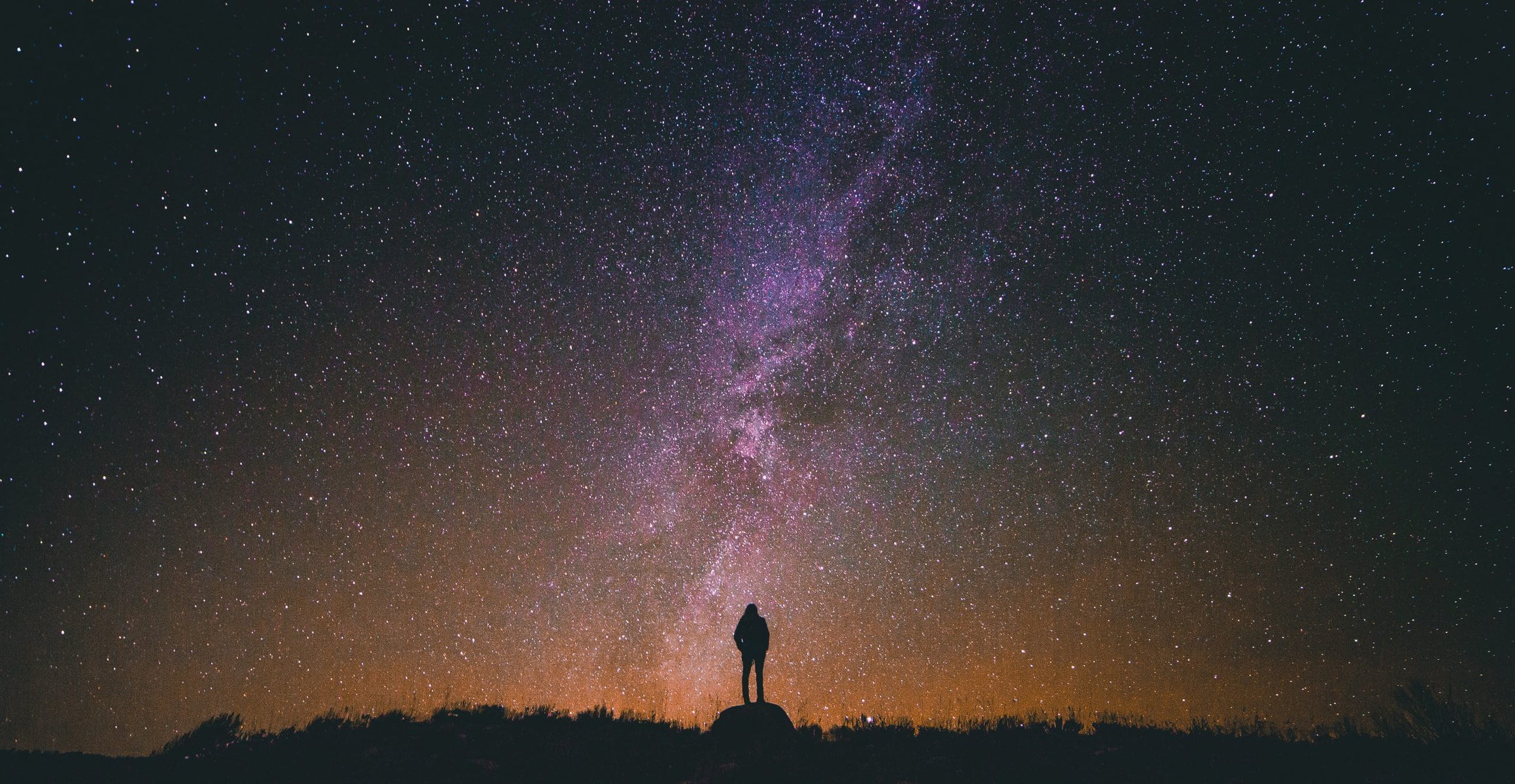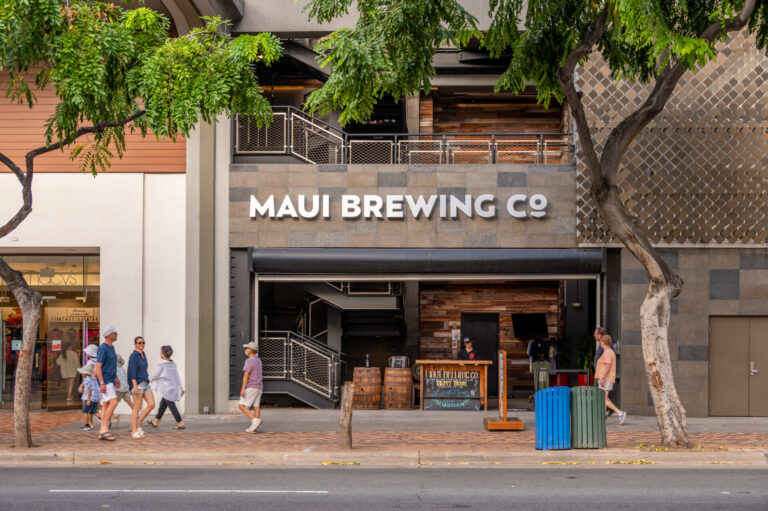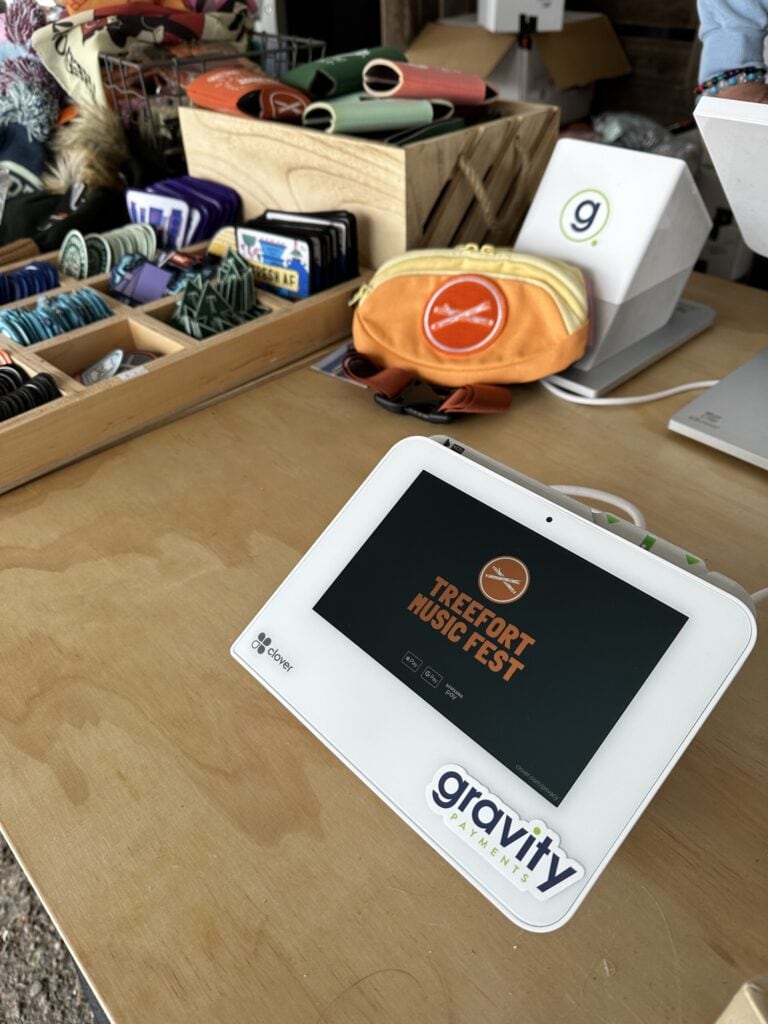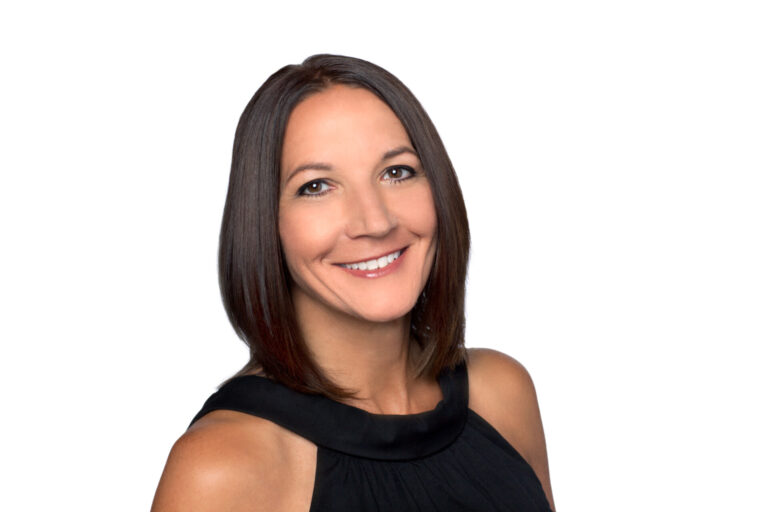Our Faith, Beliefs, and Values blog series seeks to highlight Gravity employees who bring strong personal values systems–whether religious, cultural, political, or otherwise purpose-driven–to their life and work. At Gravity, we strive to create an environment in which all employees feel like they can be themselves and their convictions are respected. The opinions and views expressed are the employee’s own and do not reflect the views of Gravity as a company.
Phillip Akhavan wants you to know that he is not a perfect practitioner of the Bahá’í Faith, let alone a scholar of it. But if you ask him to talk about the religion he has practiced for his thirty-two years on Earth, he will be more than happy to share what he knows.
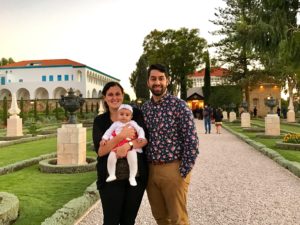
Phil, his wife, Olivia, and daughter, Layli, in Haifa, Israel in 2016.
For starters, he’ll tell you that, while the Bahá’í Faith is far from the world’s most-practiced religion, it is one of the most widespread. Between five and seven million Bahá’ís practice in almost every country around the world, and there are ten Bahá’í Houses of Worship, where followers of any faith can pray and meditate, across every continent (except Antarctica). He’ll also tell you about the Bahá’í Faith’s central tenets, which preach the inherent unity of humankind. “The main belief is in unity and oneness,” Phil says. “Oneness of humanity and oneness of God. Bahá’ís believe that all religions have come from the same source and therefore they are all correct and all have, in essence, built off of what the religion before has come to teach. The social laws may change, but the fundamental, spiritual beliefs from every religion are really the same.”
Because of the central belief in the oneness of humanity, Bahá’ís also believe in equality across humankind. “When we say ‘oneness of humanity,’ we mean unity of men and women or of the sexes, unity of the races–really it’s just a very beautiful religion,” Phil says. “We believe everyone on Earth is a noble being that came from God and that no one person or one religion is better than any other.”
Get the Gravity newsletter for the latest FAQs, tools, tips and tricks
Phil’s faith has not only shaped the way he views God and humanity but also how he leads his day-to-day life. “One of the main beliefs of the Baha’i Faith is to be of service to others,” he says. “And so that’s how I try to live my life, by trying to be of service to others”
Born and raised in Victoria, Canada, to a Persian father who immigrated from Iran and an American mother, Phil grew up in a close-knit Bahá’í family. His father, Faraidoun, grew up in the Faith and had to flee his home country after the Iranian Revolution of the late 1970s installed an Islamic Republic that was intolerant of his religion (which had actually been founded in Iran over a century earlier). After settling in Canada, Faraidoun sponsored several family members, including his brothers and parents, to immigrate as well. Phil’s mother, Kati, became a Bahá’í when she was a student at the University of Washington. The two met in the summer of 1981 at a Bahá’í conference in Vancouver and married five months later.
Growing up with such devout parents, Phil was naturally exposed to Bahá’í teachings from an early age, both at home and in his community. Although Victoria didn’t boast a huge Bahá’í population, the Bahá’ís that lived in the area were incredibly close knit, so Phil grew up surrounded by friends from a similar religious background. He also attended prayer meetings and cultural events hosted by the local Bahá’í community, which helped instill in him a fundamental understanding of the Faith and its teachings.
One element that had a particular effect on Phil was a dance troupe from the local Bahá’í International School, which performed at various community events. Watching how this group performed and interacted, Phil decided he wanted to attend the school for junior high and high school. Although he hadn’t been a dancer prior to attending the school, the performances inspired him to join the troupe. “The dances themselves were really motivating, but it was kind of seeing the youth performing them and their relationships with each other that motivated me,” Phil says. “You know, when you’re a kid looking up to older kids or teens, just seeing the positive relationships among a really diverse group of people was definitely motivating as a young kid. Plus, I really connected with the message of the dances, which were basically focused on social issues like equality of men and women and the elimination of racism and unity and diversity.”
Although, as a teenager, Phil admits it was challenging to adhere to some of the Bahá’í social laws, which prohibit things like drinking, premarital sex, and other things teenagers often find tempting, his faith never wavered during this time. As part of the Bahá’í Faith, followers have the opportunity to declare their belief in its Prophet, Baha’u’llah, beginning at age 15. “One of the main principles in the faith is independent investigation of the truth, that you should not ever believe something just because someone else tells you to,” Phil says. “I had my own opportunity to declare that I believe this, to say that I chose to be a Bahá’í and I want to live my life by these principles.”
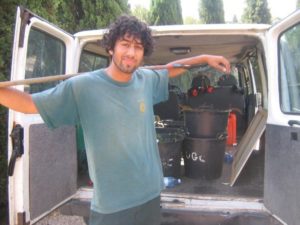
Phil volunteering as a gardener at the Bahá’í World Centre in Israel.
Upon graduating high school, Phil spent a year volunteering at the Bahá’í World Centre in Haifa, Israel, where he worked as a gardener in the center’s world-famous gardens. “I got a chance to volunteer with maybe 750 or 800 other people from all around the world, all serving in many different ways. I just happened to be a gardener, which was awesome. I loved it. It was one of the best times of my life.”
Upon returning home from Israel, invigorated and inspired by his year of service, Phil continued to participate in the local Bahá’í community while living at home and attending college at the University of Victoria. “Once a month the community would meet, pray, and celebrate being together,” Phil says, adding that, in the Bahá’í calendar, a month is nineteen days long. Although, in certain respects, these regular meetings might resemble the worship services common among other faiths, unlike other organized religions, Bahá’ís have no clergy that govern practitioners, so different communities will organize their meetings independently. As Phil explains it, “Everyone has their own chance to have their relationship with their creator but also participate together in the life of the community.”
In addition to strengthening his relationship with God, Phil’s involvement in the Bahá’í Faith led to his meeting his now wife, Olivia. Phil met Olivia ten years ago while attending the wedding of a childhood friend. The bride was Olivia’s roommate from the Bahá’í World Centre, where, it turned out, Olivia had volunteered just after Phil had completed his own year of service.
The couple has now been married for almost nine years, during which they have worked together to fulfill the Bahá’í call to lead a life of service to others. A year after they got married, they spent two years in South Africa, Kenya, and India where they worked to advance HIV education and advocacy and other health- and education-related projects. After their time abroad, the couple settled in Seattle where they started to volunteer for the Junior Youth Spiritual Empowerment Program, a program inspired by Bahá’í principles in which young people come together to discuss how to promote unity and oneness within their communities. “The groups consist of young people–maybe twelve, thirteen, or fourteen years old–of any faith or background who get together and try to come up with ways they can be the change in their communities. How can they be the ones who are making the difference? What steps can they take? It’s not about trying to convert anyone to be a Bahá’í; That’s not what we care about. What we care about is living in a world where there is the oneness of humanity.”
Since Phil and Olivia had their first daughter, Layli, in 2016, the couple has shifted their focus to raising and educating her, but Phil still looks for opportunities to serve outside the home. “The Bahá’í call to service really starts at the grassroots level and has to do with community building,” Phil says. “Of course, focusing on junior youth is really important because they are the future and that age is such a critical time of change, but there are many other areas in which we try to advance this cause. For example, we hosted devotional gatherings, places for people from different faiths or no faith to come and worship together. Again, it’s all about acts of service in the community together, even working for social change. We try to be a part of social movements as much as we can, working for unity and diversity, the equality of the sexes–all of these things together, hopefully little by little, will help get us to a place where we can have the oneness of humanity.”
Phil also brings his devotion to service to his work at Gravity. As a merchant relations manager, he has ample opportunities to work directly with Gravity’s clients as well as serve as a mentor to everyone on his team.
“I go into every interaction as though I am speaking with a noble being and acknowledging that part of them,” he says. “I believe that my purpose in life is to know and love God, and the way to do that is to try to develop the virtues of God in myself. Truthfulness, cleanliness, love, honesty, generosity–these are all qualities of God, and so it’s up to me to try to develop those characteristics in myself but, more importantly, to try to see those characteristics in all of those with whom I interact and to see that nobility in them. If I’m having a tough conversation with someone, I really do believe that there is a part of God–or the creator, or whatever you’d like to call it–that there is an essence of that being in everyone.”
Phil’s commitment to service helped inspire his decision to take part in Gravity’s mentorship program and, most recently, pursue his current role as a manager. “Being a mentor and now being a manager, I’m trying to be of service to others and trying to define what that service is. What can I do to be of assistance to those around me? One of the things I love about Gravity is that it allows me to practice my beliefs and is a place where my values are not just accepted, but honored. The ability to be honest and truthful and respectful–I feel like I’ve been able to bring those values to all of my interactions with clients and really develop some wonderful relationships with them. And now that I’ve had the opportunity to mentor, I’ve had even more opportunity to be of service. I’m not saying that I’m perfect at it; I have a lot to learn and there’s a lot that I probably haven’t done correctly or well. But what I try to do, what I try to keep in mind when I am mentoring or working with one of my colleagues, is to always remember that they are noble beings and how can I be of service in this interaction? How can I be the one who can try to help others? As a manager, how can I get the best out of my team? How can I motivate them? How can I be the one who can get behind them and push them up? At least that’s my hope.”
By Brooke Carey, Content Editor

